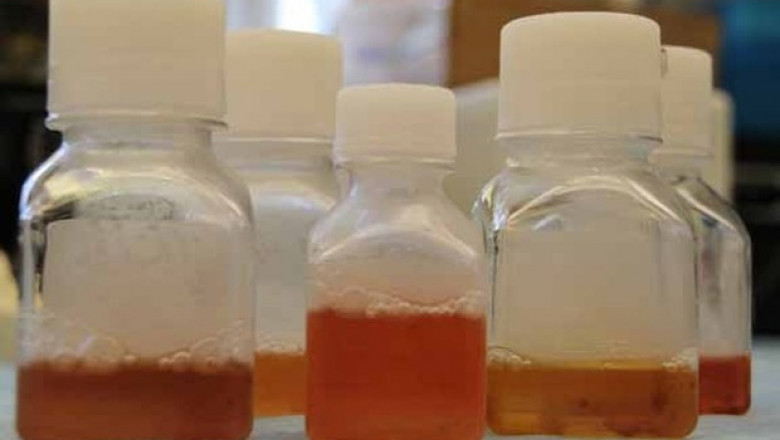views
What is Fetal Bovine Serum?
Fetal bovine serum (FBS) refers to blood serum derived from bovine fetuses between 8-12 weeks of gestation. FBS is used as a supplement in cell and tissue culture media in many scientific areas, including cancer research, viral research, vaccine production, and stem cell propagation. The serum contains growth factors, nutrients, and attachment proteins that enable cultured cells to grow and divide in an artificial environment outside of the body.
Origin and Production of FBS
Fetal Bovine Serum is a byproduct obtained during the slaughter of cows bred for meat or dairy production. Pregnancies spanning 8-12 weeks are optimal for FBS production because fetuses have higher concentrations of growth factors at this developmental stage. Once obtained, the blood is typically clotted and centrifuged to isolate the serum component. The serum is then filtered, treated with antibodies, and tested extensively to ensure sterility and absence of pathogens before being packaged and distributed to researchers worldwide. A single bovine fetus yields 100-200 mL of serum.
Essential Role in Cell Culture Systems
FBS has become an essential supplement for growing most types of mammalian cells in vitro due to its complex mixture of growth factors, hormones, proteins, minerals, and other nutrients. These components mimic important components of mammalian blood and substitute for growth factors normally supplied by the living animal. Without FBS, many cell types fail to survive or divide when removed from their natural environment. Its rich protein and nutrient content provides a favorable microenvironment that supports cell attachment, proliferation, and metabolism outside the body.
FBS is Critical for Stem Cell Research and Regenerative Medicine
Stem cell biology has advanced significantly due in large part to FBS. Stem cells maintained in conventional cell culture media supplemented with 10-20% FBS have enabled studies elucidating stem cell potential, proliferation, and differentiation capabilities. Researchers worldwide rely on FBS to expand stem cells in vitro for investigation and therapeutic applications in regenerative medicine. However, using FBS also introduces variability, lot-to-lot inconsistency, and ethical issues that compromise the translation of stem cell therapies.
Ethical Concerns over FBS Production and Use
While indispensable for many areas of biomedical research, FBS also raises ethical issues that warrant consideration and mitigation efforts. Opponents object to its production as a byproduct of the meat and dairy industries involving pregnant cows. Obtaining fetal blood involves termination of the bovine pregnancy, raising animal welfare concerns. The demand for FBS also incentivizes non-therapeutic impregnation of cows purely for serum collection. Furthermore, using cow products introduces non-human components into human cell-based therapies, contravening principles of xeno-free conditions. Alternatives eliminating animal products are urgently needed to advance ethics-based regenerative medicine.
Alternatives to FBS in Development
Due to the outlined limitations, significant efforts aim to develop xeno-free, chemically defined cell culture media as alternatives to FBS. Some strategies involve recombinant growth factors and serum replacements rich in precisely characterized proteins and nutrients essential for cell growth. Other approaches utilize human platelet lysate, placental extracts, and chemically synthesized peptides as substitutes. While progressing, current alternatives remain limited for certain cell types and applications. Continuous research optimizing alternative formulations, sources, and supplements aims to make animal-product-free cell culture a reality for regenerative medicine and related fields.
FBS has enabled pivotal advances in biomedical research by facilitating cell culture systems essential to myriad applications. However, its production and use in biologics also raise valid ethical issues that motivate ongoing efforts toward xeno-free, serum-free culturing methods. Developing effective alternatives would help align regenerative medicine with principles of ethics and standardization while expanding therapeutic potential. Though challenging, continuing innovation offers hope that researchers may one day grow human cells reliably without reliance on animal products like fetal bovine serum.
Get this Report in Japanese Language:
Get this Report in Korean Language:
About Author:
Money Singh is a seasoned content writer with over four years of experience in the market research sector. Her expertise spans various industries, including food and beverages, biotechnology, chemical and materials, defense and aerospace, consumer goods, etc. (https://www.linkedin.com/in/money-singh-590844163)






















Comments
0 comment